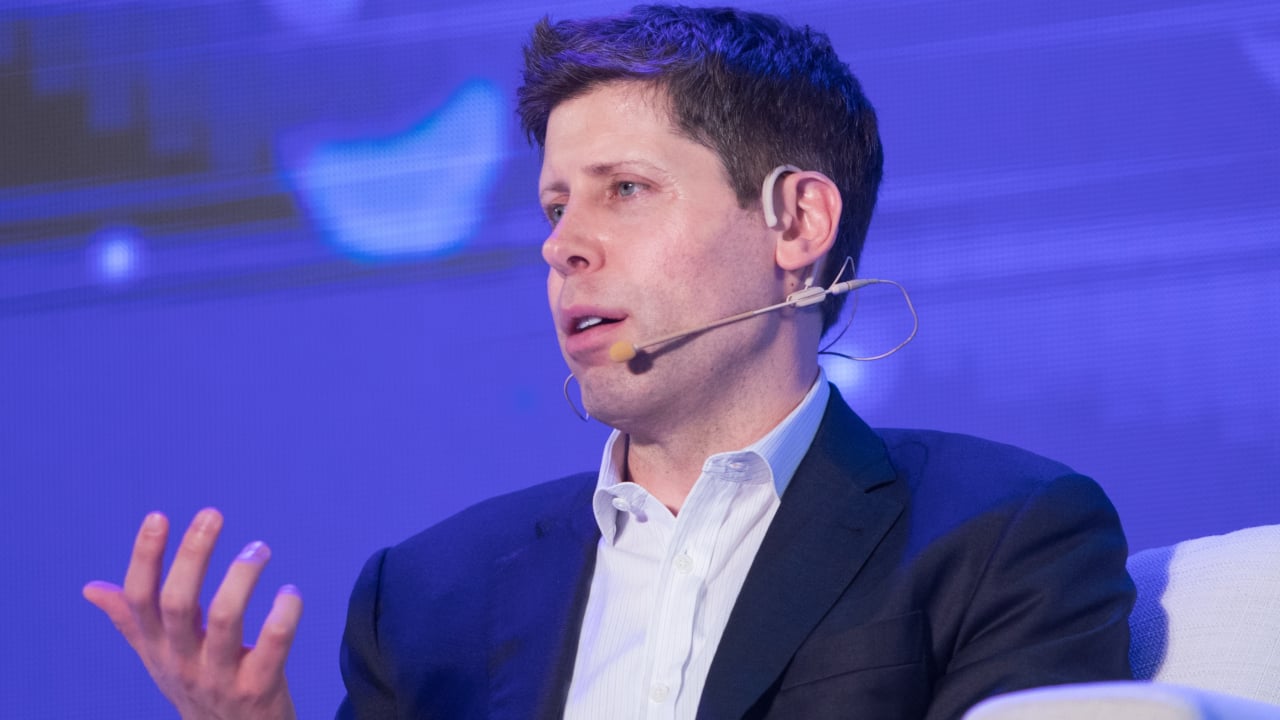Meta Dangles $100M Golden Handcuffs to Lure OpenAI Talent—Altman Sounds Alarm

Tech''s latest talent war just went thermonuclear. Meta—parent company of Facebook—is reportedly offering eye-watering $100 million signing bonuses to poach top AI researchers from OpenAI, according to CEO Sam Altman.
The AI Arms Race Heats Up
Forget six-figure salaries—we''re now in nine-figure territory for elite machine learning experts. The move signals Meta''s desperation to catch up in generative AI after getting lapped by OpenAI''s ChatGPT.
Golden Parachutes Meet Burning Platforms
While Zuck''s company burns cash on the metaverse pivot, this talent grab reveals where they''re really placing bets. Nothing says ''confidence in our current strategy'' like throwing nine digits at the competition''s brain trust.
Finance Bonus Dig: At least someone''s finding productive uses for Meta''s $40 billion annual R&D budget—their HR department.
AI talent acquisition wars
Substantial demand for AI talent has driven up compensation in the industry. Industry data compiled by venture capital firm SignalFire shows that significant changes are underway in the AI sector.
Among elite labs from top AI firms, top talent is getting locked in: Anthropic leads with an 80% two-year retention rate, followed by Google''s DeepMind at 78% and OpenAI at 67%.
But while Meta spends $2 million per year for AI talent, it is "still losing them to OpenAI and Anthropic," according to an X post by Deedy Das, principal investor at Menlo Ventures.
The report also shows that top AI talent is gravitating toward Anthropic, which is pulling in more employees from rivals like DeepMind and OpenAI than it''s losing.
DeepMind is considered one of the most significant sources of talent for other labs, suggesting it''s facing considerable attrition. Meanwhile, smaller players like Hugging Face are gaining traction, pulling researchers from bigger firms.
Some companies, such as SAFE Superintelligence (SSI), founded by former OpenAI chief scientist Ilya Sutskever, were offered retention packages that included $2 million bonuses and equity increases of $20 million or more, with some arrangements requiring one-year commitments for full compensation, according to a Reuters report in May.
Those moves have opened scrutiny from the U.S. government, with three senators calling the practice into question in an open letter last year.
Edited by Sebastian Sinclair

